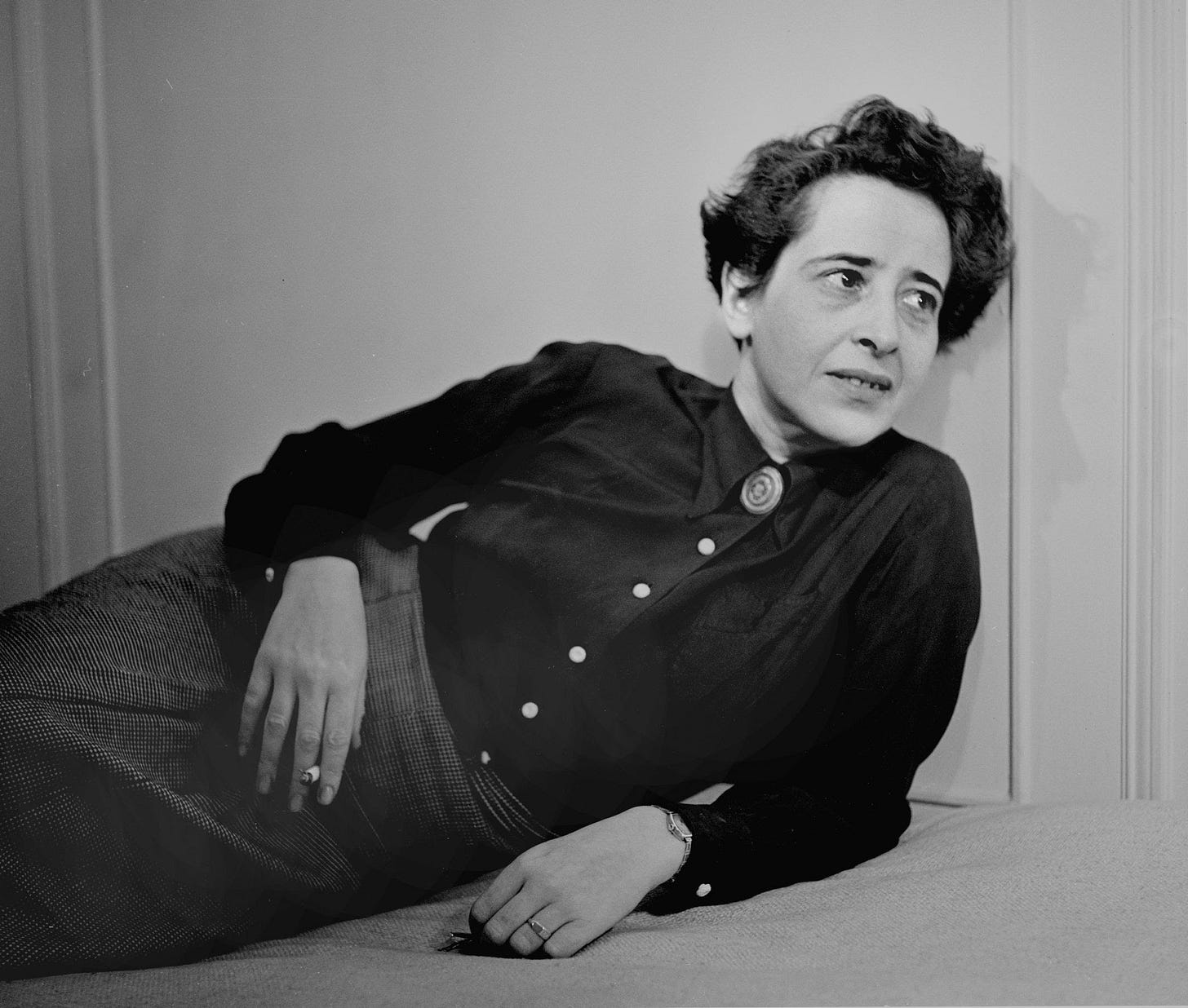Only half of US adults read at least one book per year
November has been a bit slow here at Commonplace Philosophy, and for good reason. We’re preparing for our read-along of The Human Condition, which begins next week. On top of that, I’m in the depths of book-writing (more soon, I hope!).
We’ll be returning to our usual pace and fare next week, and we will be fully in the swing of things in December: two, sometimes three, posts per week (one for the read-along, one or two based on my interests).
But I wanted to draw your attention to this report on US literacy rates. The numbers are rather shocking.
As of 2024, the US has an adult literacy rate of about 79%. This means that there are 35 countries in the world with higher literacy rates than us. And while you might think immigration rates partly explain this (due to issues with learning a new language, or learning to read at all, depending on background), only about 1/3 of illiterate adults were born outside of the US; this is very much a domestic issue as well.
The bare fact that 21% of US adults cannot read is bad enough — surely, we need to do something about this. But over half of US adults cannot read above a 5th grade level. So, even though they qualify as literate (and I’m glad they can read) they would not be able to read, say, a difficult novel. So the following fact should not be too surprising: only half of US adults read at least one book per year.
I think I have to revise my beliefs, and my actions, in light of this new information.
I often talk about how the life of the mind, or the reading life, is for everyone; in a very broad sense, I believe this is true, but I’ve ignored the structural and cultural features which would prevent someone from entering into this life. If the education system doesn’t produce adults capable of reading Moby-Dick, then no amount of prattling on about how wonderful Moby-Dick is will solve the baseline issue. These facts about adult literacy in the US change how we have to speak about the reading life. Without better foundations, we’re doomed.
(But there are still people who can read Moby-Dick given their current abilities, yet they choose not to for fear it is still hard, so I will keep banging on about this.)
Here’s the good news, though. In 2025, we’re reading 4 books together (6 if you count The Human Condition, which we’ll begin in 2024 but finish in 2025, and Aristotle’s Politics, which we’ll begin at the end of next year). That’s not that many books — but if you finish even one, you’re reading more than half of American adults. If you finish all four, you’re getting closer to the average. If you go and read a few on your own, you’ll soon be one of those super-readers who are boosting the average number of books read by Americans.
Maybe you feel that some of these books are too hard. To this I just want to say: give it a shot. Don’t fail in advance; give it an honest try and see what you can do. Pick even one book (the easiest of 2025’s reads would be The Dispossessed, likely) and try your best to keep up with the discussions. You might surprise yourself.
And if you fail, so what? As I’ve written before, it is good to be a failure.
It is good to be a failure
Yesterday, I wrote about the virtues of being a kind of amateur. In the discussion on that post my friend Jeremiah, writer of On Ancient Paths, shared this quote from Epictetus which I think is quite apt:





I was inspired by one of your other posts that was talking about the state of the humanities education in the US and am challenging myself (and others) to read one "hard book." I asked my *very few* readers to choose their white whale of a book and try to read it word by word, sentence by sentence. I chose Spenser's the Faerie Queene. So many of the authors and intellectuals I love (Chesterton, Lewis, Tolkien) laud this work and while I have often read "around" the book, I've not actually sat down with it. I also think it's incredibly easy these days to read "around" the book -- finding summaries and character analysis, etc. online -- so that reading the work yourself doesn't matter as much if you want to just get the gist. I work as an academic librarian in scholarly publishing and there seems to be resistance across the all the disciplines to reading the primary sources. Get back to roots, I say!
It’s an intellectual epidemic. As I wrote: “[W]e just don’t learn. Otto von Bismarck said it best: “Only a fool learns from his own mistakes. The wise man learns from the mistakes of others.” By his definition, we’re a confederacy of dunces.
Ancestors distant and proximate knew so much that we’ve come to forget, that we can’t identify, If ignorance paid dividends, we’d all be filthy rich.
Why are we so consistently foolish (and not just on this first of April)?
I suspect it’s because nobody reads anything anymore.”
More: https://www.whitenoise.email/p/nobody-reads-anymore